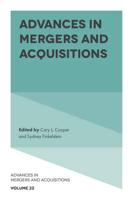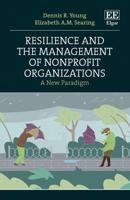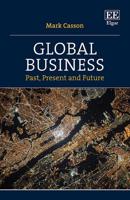Publisher's Synopsis
Since 2011, Burma has made significant reforms to improve its legal and regulatory framework in order to create an attractive business climate capable of generating more inward foreign investment. The government has embarked on an ambitious agenda to strengthen the economy, tackle poverty and promote sustainable and equitable growth, and international investors - including from the United States - are closely watching actions to further open the economy and attract investment. Over the past several years, Burma's attitude towards Foreign Direct Investment (FDI) has been positive, and recent measures undertaken by the government, including ongoing revision of the Foreign Investment Law and the Special Economic Zone Law and the award of certain tenders and licenses to foreign businesses, illustrate the government's commitment to further openness. Observers expect FDI to Burma to continue growing in the short-term, but they note that further liberalization will be critical for sustaining FDI growth in the medium- to long-term. As the Organization for Economic Co-operation and Development (OECD) notes, policy uncertainty or backtracking on reforms, inconsistent implementation of rules, investor-state disputes which have been shown to discourage other foreign investors, or reputational risks for foreign investors from the government's failure to enforce environmental or social legislation which calls into question the responsible business conduct of investors could dissuade further foreign investment in Burma. Indeed, many investors are looking to elections scheduled for late 2015 - the degree to which they are held in an open and transparent manner, as well as the government's actions after the elections - as a key indicator of the government's willingness to continue to push forward on reforms.










